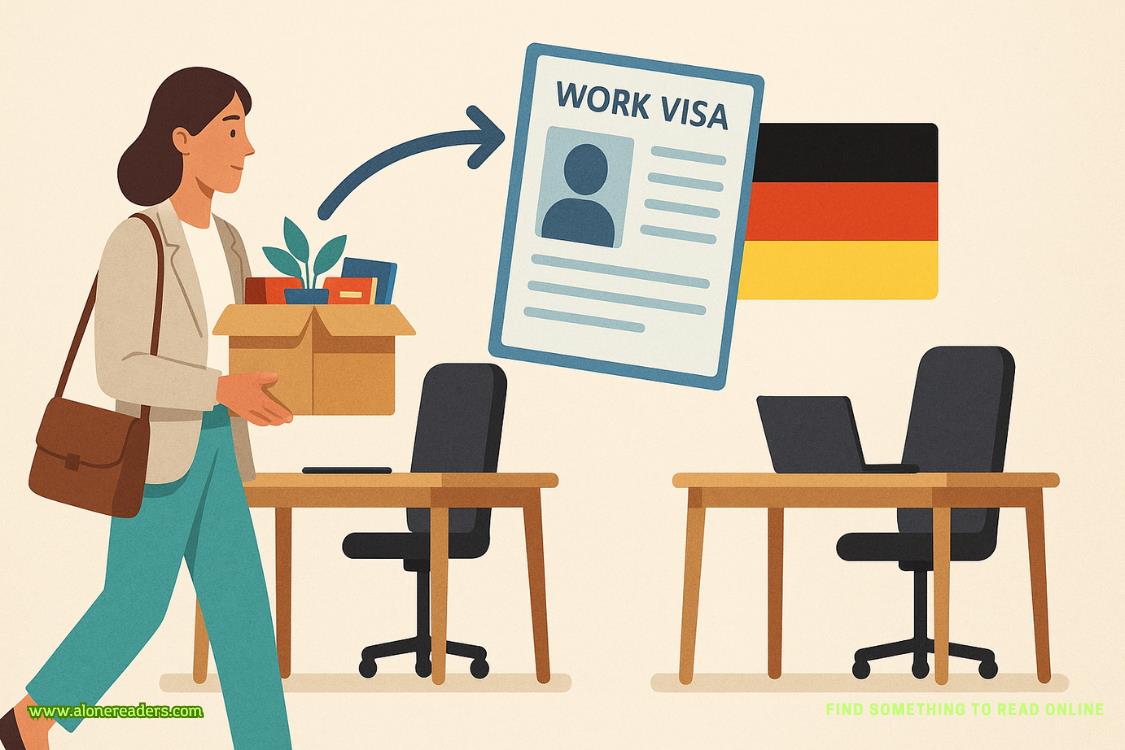Page 18 of Courtroom Drama
For me, the scene was mortifying, but it didn’t change my view of who my father was. I knew he was a cheat. I knew he wasn’t someone who acted by a strong moral code. I was always waiting for him to ruin anything good, terrified his narcissistic behavior might have been genetically passed on to me, all the while still seeking his approval.
But for Damon, the situation sliced him in half. His parents had a loving marriage. They were happy. His family was one that had always been ardently intact. He loved his mom. He saw her as good, and we were still holding on to the days of defining people as good or bad with little conceptual acceptance of gray.
I felt us break right then, Damon and me. Not a fracture or a fissure. No. It was a visceral separation, like a chicken thigh cleaved from its body by a butcher. The door between Damon and me slammed unceremoniously shut, leaving me with the ominous ache of what could have been. Not even our friendship would survive, because I knew,despite how desperately I needed him to, Damon would not be able to look at me without seeing what my father had done.
I thought up so many desperate options. Convincing Damon to run away with me. Investigating an emancipation from my parents—I didn’t need them anyway. Asking his parents if I could move in with them. Ultimately, though, I was too muted to take any real action to save my relationship with Damon. Besides, he should have known. He should have seen without me having to say it:I am not my father.
And,I need you.
For that—for him not being able to look at me and see past the actions of my father, for leaving me to suffocate in the wake of his disgrace—I’ve never forgiven him.
Mallory Bradburn confessed to her husband. I’m unsure who told my mom, but I knew it hadn’t been my dad to share the news. But she knew within twenty-four hours. I heard my parents fight about it. About how he had been fucking the neighbor for months. About how it was sadthatwas the best he could do. About what a worthless loser he was.
Four days later, there was aFOR SALEsign in the Bradburns’ yard. Two weeks later, a moving truck, and Damon erased from my life, with only a short goodbye in his parents’ driveway.
“I don’t know what to say. I wish I could do something to fix this,” he said, his voice too firm.
I just stood there, staring back, silently begging him to tell me this was all a lie, a well-executed joke.
He stared at me with those eyes, the ones that could always see right into my heart. But it was different.Hewas different. There was never complication in the way he looked at me before. A mounting interest that was different and unexplored, sure. But his eyes on me had always meant love. Acceptance. Watching him stand with great effort in the driveway of the house that was no longer his home, he looked at me with so much conflict swimming in his eyes that I couldn’t manage a response.
Silently, he wrapped his arms around me, seemingly in defeat, squeezing so hard I lost my breath. He pressed my face to his collarbone, and I fought the urge to press my lips to that spot of skin. I fought the urge to do a lot of things.
“I’m sorry,” I whispered into him.
“Yeah” was all he said back before letting me go. That word echoed within me long after he spoke it, haunting me like an unshakable winter chill.
Our kitchen faucet leaked well past the Bradburns’ permanent departure from the house two doors down.
On the second day of the trial, I head down to breakfast at 8:10, just five minutes before we are meant to leave for the courthouse. I can’t help but notice Damon’s absence.
It’s not until we’re climbing into the vans that Damon emerges, trotting out the front doors and into the line for the second shuttle just as I’m climbing into the first. His usually contained hair is slightly more askew than usual, eyes still carrying the slight swollenness of sleep.
We make eye contact and his gaze lingers, face firm, more alert than the second before. I hold up a box of Corn Pops and toss it in his direction. He catches it with ease, the dimple in his chin pushing deeper. He gives me a nod of appreciation and I nod back, then turn away so I don’t appear overly invested.
My anger toward Damon is something I’ve quickly found myself having to stoke regularly to keep burning, admonishing myself for the lapse each time. It’s tenuous, the unexpected complexity and range of emotions I am carrying as a result of his return to my life.
At the courthouse, as we line up to enter the courtroom, I anticipate Damon’s smell before I actually inhale it. His scent again sends me straight back to Sagawa, to preteen me mucking horseshoes and brush-polishing saddles, to solo rides through the woods and the simultaneous calm and exhilaration I felt out there, alone. No parental anguish in sight, just freedom.
Those were the longest stretches I was ever away from Damon during the six years in which we spent virtually every day together.They were also the longest I spent away from my parents and their crumbling marriage. I think of Echo, my favorite horse—a light brown American quarter with a perfectly symmetrical white stripe up her muzzle. The day I got bucked and earned the scar on my forehead ended up being my last at Sagawa, my parents using the accident as a reason to no longer fund my attendance. The three summers I spent there were the best days of my life, outside of the ones with Damon.
Today, Damon sports a hunter-green wool V-neck sweater, and I’m struck by how flattering it is on him, wondering if he made such a spot-on purchase or if it was some stylish ex.
As if he can feel me observing him, Damon looks down at me over his shoulder. “Thanks for breakfast,” he whispers. “I overslept.”
“I figured,” I whisper back.
His eyes linger another moment, and then he says, “You look nice,” before the courtroom doors open and he faces forward again. I look down at the twist-front heather-gray knit sweater and black wrap skirt I was unsure of as I dressed this morning.
We begin filing in, and I am once again staring at the expanse of Damon’s back. I imagine I’ll know every curve and muscle of his back in great detail by the time the trial is over from how often I will find myself lined up behind him.
Today, I find when we are seated, Margot is dressed in a light pink tweed blazer and matching skirt with black buttons and pocket accents that remind me of the outfit Jackie Kennedy wore the day JFK was shot. I wonder if this was intentional.
At the onset of our second day, we are introduced to Margot’s life story—some details of which I knew, others I am hearing for the first time. I knew Margot came from little means with a humble Minnesotan upbringing. That she is an only child, and her mother passed after a sudden stroke shortly after Margot moved to L.A. when she was twenty-one, right before she met Joe. That she didn’t gain her lifestyle via nepotism or connections, but rather, according to D.A. Stern, all because of Joe Kitsch.
Before the trial, I didn’t know she’d had some challenging teenage years. And I certainly didn’t expect that one of the prosecution’s firstwitnesses would be Margot’s own father, whom she has been estranged from for nearly twenty years.
Margot’s father, Ken Frankel, steals glances at Margot as he makes his way to the stand. Margot stares at the ground, and I can’t help but see a bashful child. I also can’t help but see ten-year-old me, crying on my closet floor.















